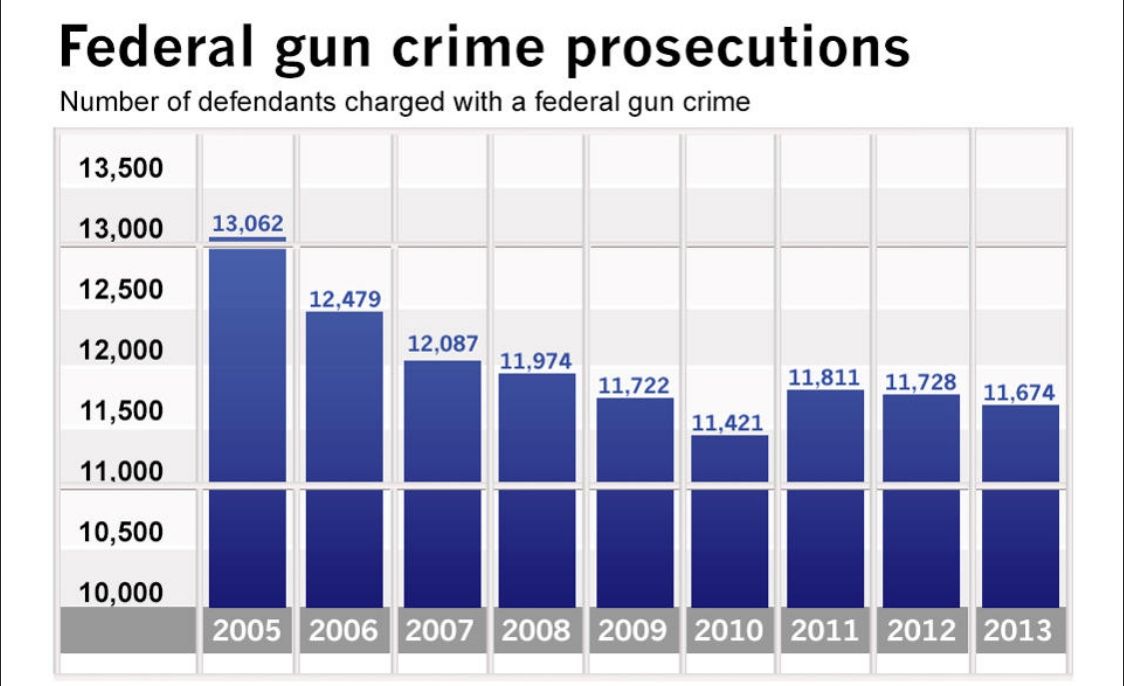One of my favorite quotes is “In theory, there’s no difference between theory and practice. In practice, there is.”
Theoretically, a gun registry makes perfect sense. In practice, it does not.
There are an estimated 300 million firearms in private hands in the United States. Very few jurisdictions require firearm or even gun owner registration, so no one except the current owners know where the overwhelming majority of these guns are or who they belong to. Guns are durable items. The oldest one I personally own was made in 1918. It still works fine. I doubt the record of its manufacture still exists – that is, I don’t think anyone knows to even look for it.
So, for one thing, the sheer size of the task is overwhelming.
Canada recently attempted a “long gun registry” – a registry of all rifles and shotguns in the country. (They already had a handgun registry.) They estimated that there were about 8 million long guns in private hands. Legislators were told that the registry would cost something like $119 million to implement, with $117 million of the cost covered by registration fees – so for $2 million, they’d be able to register all 8 million guns, and it would go quickly.
The law passed in 1995, with licensing starting in 1998 and all long guns were to be registered by January 1, 2003. By 2000, it was obviously not going according to theory. Registrations were backlogged and riddled with errors, and costs were WAY over estimates. An audit in December of 2002 showed that costs were going to exceed $1 billion by 2005, with an income from registration fees of only $145 million.
And then there was the lack of compliance. By January 1, 2003, only about 65% of the estimated 8 million firearms were registered, and there was no reason to believe that the other 35% were going to be.
Finally in 2012 Canada scrapped its long-gun registry, after dumping an estimated $2 billion into it. It solved no crimes, it apparently prevented no crimes, and it took vast quantities of money and manpower away from law enforcement with its implementation.
This is not an isolated incident. Something very similar occurred in New Zealand. They abandoned their long-gun registry in 1983.
Extrapolate that to the U.S, where the overwhelming majority of gun owners believe the Second Amendment’s “shall not be infringed” clause actually means something. Our firearm pool is 37 times larger than Canada’s. Our population is far more likely to disobey such a law, or creatively mess with it.
There’s a thing they teach in Officer Candidate School in the military – “Never give an order you know will not be obeyed.” Trying to implement a national registry in the U.S. is a non-starter. There are no “pros” for this idea.

